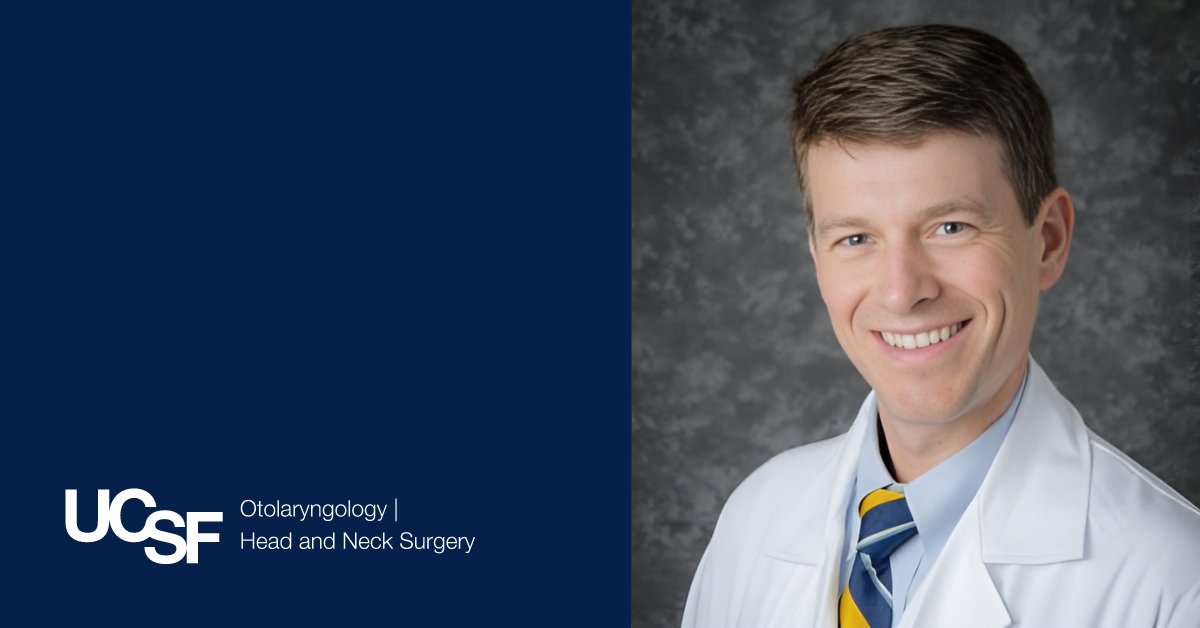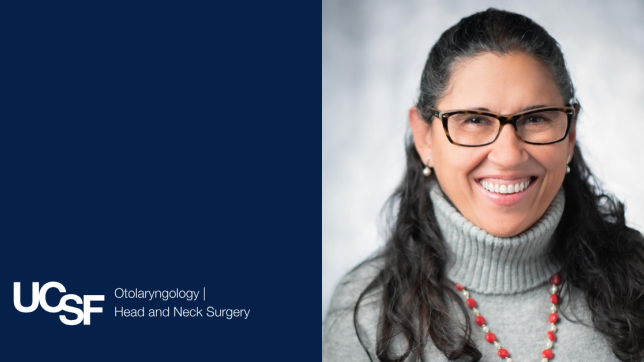
Steven Pletcher, MD, Residency Program Director of the University of California, San Francisco Otolaryngology-Head and Neck Surgery (UCSF OHNS), was featured on the OtoMentor podcast. The episode, Signaling in Otolaryngology Residency Application, discusses preference signaling for resident applications.
Dr. Pletcher briefly discusses his journey to otolaryngology and UCSF OHNS. After reviewing the origins of preference signaling, he says it is widely viewed as a "win-win" situation. "Applicants, particularly those applicants who needed the most help – meaning those who were less likely to receive interview offers – benefitted from the system and programs also benefitted by being able to see the applicants that were most interested in them," Dr. Pletcher said.
During the Covid-19 pandemic, when institutions were required to be online and conduct interviews remotely, the number of applications and interviews per resident skyrocketed, and the need emerged for an improved residency application system.
Dr. Pletcher and his team were the first to suggest preference signaling, with Internal Medicine, Dermatology, General Surgery and Urology following suit the following year. Now, most residency programs use preference signaling.
The number of signals for UCSF OHNS increased from five to 25 per resident, which boosted the number of interview offers overall. "Those applicants who were least likely to receive interview offers had about a 30% increase in the number of interviews they received," Dr. Pletcher said.
The preference signaling approach diversifies the industry and gives those underrepresented in medicine opportunities.
The podcast, hosted by Drs. Cristina Cabrera-Muffly and Taylor Erickson, aims to provide mentorship and career lessons for otolaryngologists.
Dr. Pletcher, a renowned expert in the field, holds vital positions at UCSF OHNS. He is the Director of the Residency Program and a Clinical Professor.




